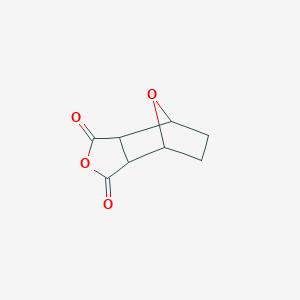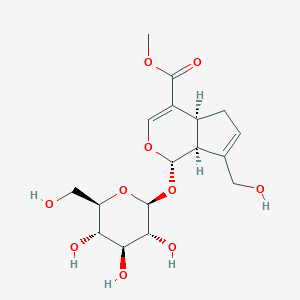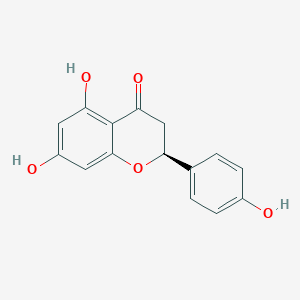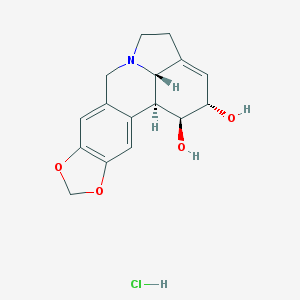Description
Norcantharidin has been used to treat human cancers in China since 1984. It inhibits the canonical Wnt signal pathway in NSCLC by activating WIF-1 through promoter demethylation. It also improves TIMP2 antitumor and antivasculogenic mimicry activities in GBCs by downregulating MMP2 and MT1MMP.
The main benefits and applications of Norcantharidin include:
- Anti-Cancer Properties: Norcantharidin has been extensively studied for its anti-cancer effects. It works by inhibiting the proliferation of cancer cells and inducing apoptosis (programmed cell death) in various types of cancer cells, including liver, lung, breast, and colorectal cancers.
- Lower Toxicity: Compared to cantharidin, Norcantharidin exhibits lower toxicity. This makes it a more favorable option for cancer treatment, as it minimizes potential side effects commonly associated with chemotherapy.
- Anti-Metastatic Effects: It also has been found to inhibit the metastasis (spread) of cancer cells. This is crucial in cancer treatment, as metastasis is a significant challenge in managing and treating cancer.
- Inhibiting Angiogenesis: Norcantharidin can inhibit angiogenesis, the formation of new blood vessels. This is particularly important in cancer therapy, as preventing the formation of new blood vessels can starve tumors of the nutrients and oxygen they need to grow.
- Immunomodulatory Effects: Some studies suggest that Norcantharidin may have immunomodulatory effects, potentially enhancing the body’s immune response against cancer cells.
- Synergistic Effects with Other Treatments: Norcantharidin can be used in combination with other cancer treatments. It may enhance the efficacy of traditional chemotherapy drugs or be used in conjunction with other therapeutic strategies.
- Research in Other Diseases: While its primary focus is cancer therapy, research into Norcantharidin’s effects on other diseases, such as fibrosis and possibly certain infectious diseases, is ongoing.





